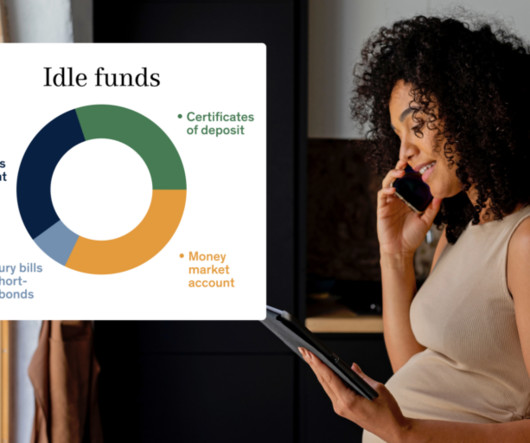How to Determine Your Investment Risk Tolerance Level
WiserAdvisor
MAY 26, 2023
Investment and risk are two closely related concepts. Risk refers to the potential for loss or negative returns when you invest your money in a market-linked security. There are different types of risks, including market, credit, inflation, and liquidity risk, among others. What is risk tolerance?



















Let's personalize your content